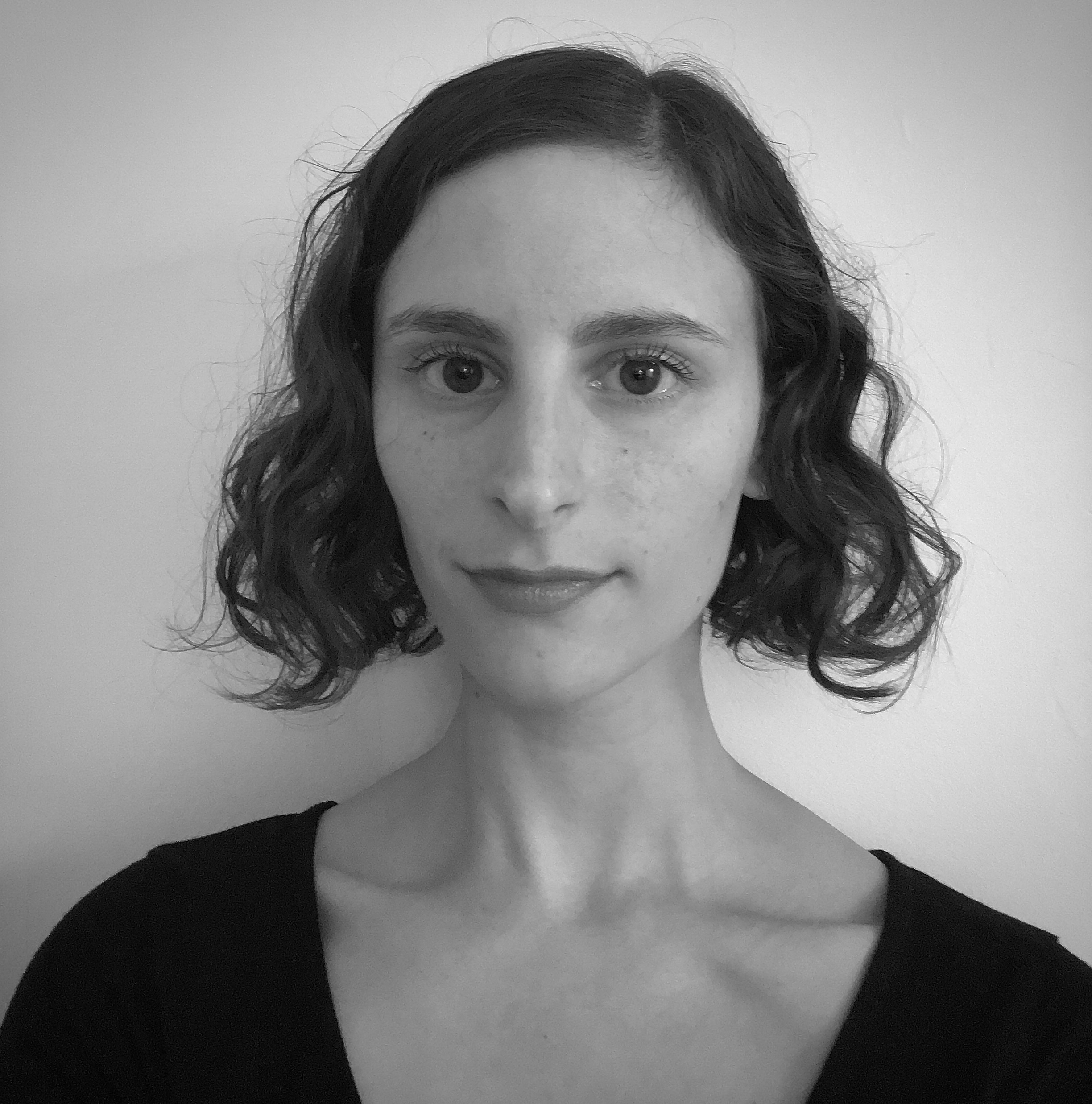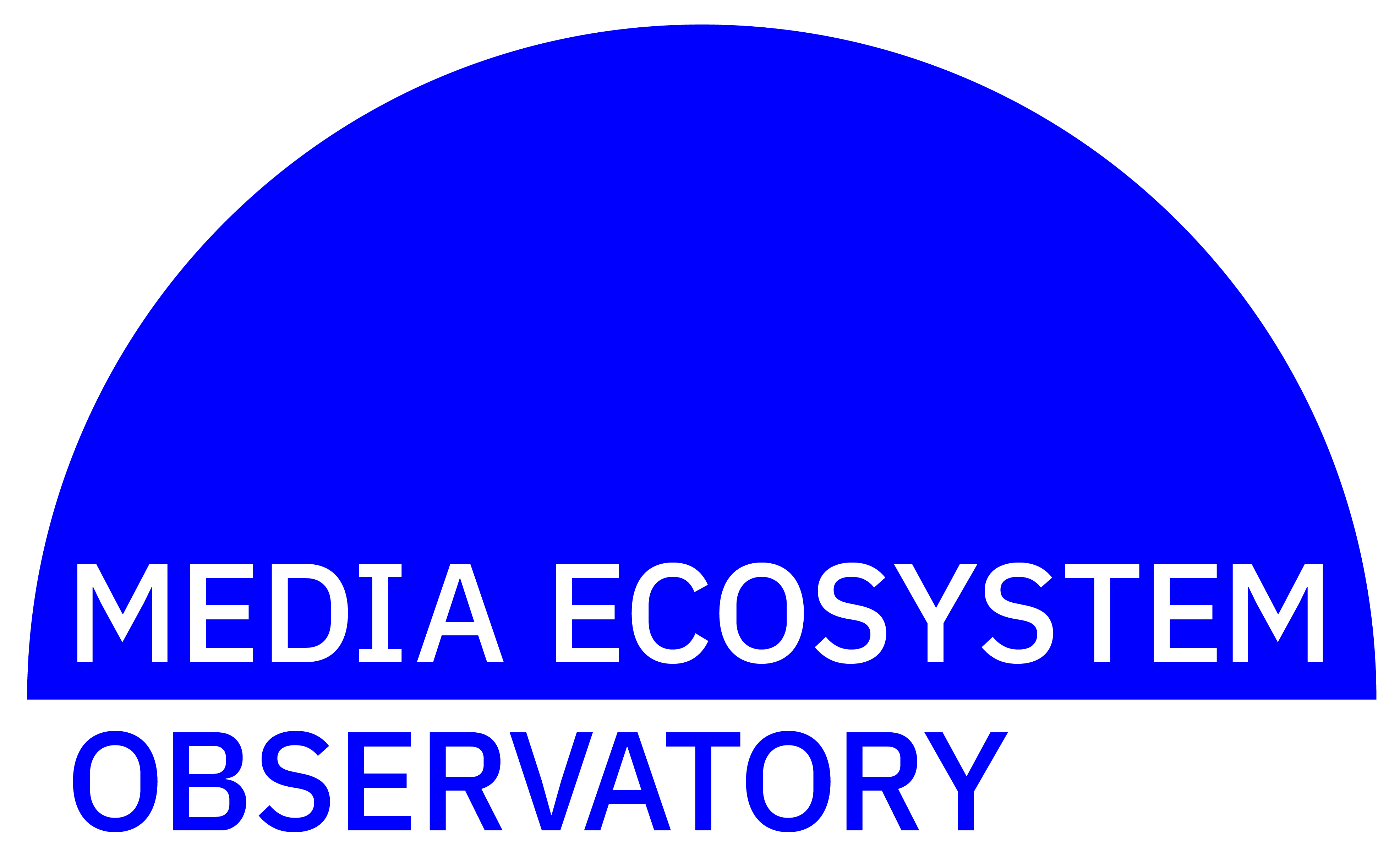Our work is grounded in the premise that the integrity of the public sphere is under strain. On the surface, the most troubling manifestations are of isolated harms or “bad actors”: online forms of hate speech, harassment, “fake news”, and organized disinformation campaigns by foreign operators. But beneath these symptoms are structural issues which compromise the integrity of our information infrastructure: automation of control over information curation for purposes of attention maximization; erosion of public norms of source credibility in news media; fragmentation of media audiences that separates the polity from a common, fact-based public debate; and an accelerated tribalism that undermines democratic institutions.
Our project is actively developing, trialling, and refining methods for capturing these dynamics, and most importantly, for assessing the impact that they have on the behaviour of citizens and ultimately the health of our democracy. This addresses a gap in the research community to expand its monitoring and analysis of targeted disinformation campaigns towards a broader framework that captures the health of the wider information ecosystem.
The objective of MEO is to develop an evidence-based model for information ecosystem health, in order to both better understand the online harms and digital threats to democracy, and to safeguard against it. The Principal Investigators of MEO are Peter Loewen, Taylor Owen and Derek Ruths.
Our project is actively developing, trialling, and refining methods for capturing these dynamics, and most importantly, for assessing the impact that they have on the behaviour of citizens and ultimately the health of our democracy. This addresses a gap in the research community to expand its monitoring and analysis of targeted disinformation campaigns towards a broader framework that captures the health of the wider information ecosystem.
The objective of MEO is to develop an evidence-based model for information ecosystem health, in order to both better understand the online harms and digital threats to democracy, and to safeguard against it. The Principal Investigators of MEO are Peter Loewen, Taylor Owen and Derek Ruths.
The Team

Aengus Bridgman is a PhD candidate in Political Science at McGill University and a research fellow at the Center for the Study of Democratic Citizenship. He studies political behaviour with a particular focus on the participation and motivation of online political activists. His work has been published in Party Politics.
 Sean Nossek is a master’s student in political science and a researcher at McGill University. His thesis is on the relationship between the market power of firms and voting behavior, and he is interested in international political economy (IPE), computational methods, and causal inference. He also helps teach an intensive R bootcamp for the Policy and Data Science (PODS) summer program.
Sean Nossek is a master’s student in political science and a researcher at McGill University. His thesis is on the relationship between the market power of firms and voting behavior, and he is interested in international political economy (IPE), computational methods, and causal inference. He also helps teach an intensive R bootcamp for the Policy and Data Science (PODS) summer program.
Julia Ma recently graduated from McGill University in May 2020 with a Bachelor of Science in Joint Mathematics and Computer Science. She is currently a research assistant focusing on data collection. She completed three internships during her time in university, working in data analysis, controls engineering, and full-stack development in financial services.
 Taylor Owen (co-PI) (DPhil, Oxford) is the Beaverbrook Chair in Media, Ethics and Communications and Associate Professor in the Max Bell School of Public Policy at McGill University. He is the Director of the McGill Center for Media, Technology and Democracy, a Senior Fellow at the Center for International Governance Innovation and a Fellow at the Public Policy Forum. His work focuses on the intersection of media, technology and public policy and can be found at taylorowen.com and @taylor_owen.
Taylor Owen (co-PI) (DPhil, Oxford) is the Beaverbrook Chair in Media, Ethics and Communications and Associate Professor in the Max Bell School of Public Policy at McGill University. He is the Director of the McGill Center for Media, Technology and Democracy, a Senior Fellow at the Center for International Governance Innovation and a Fellow at the Public Policy Forum. His work focuses on the intersection of media, technology and public policy and can be found at taylorowen.com and @taylor_owen.
 Peter Loewen (co-PI) (PhD, Montréal) is a Professor in the Department of Political Science and the Munk School of Global Affairs & Public Policy at the University of Toronto. He is the Director of PEARL (Policy, Elections, and Representation Lab) and a Research Lead at the Schwarzt-Reisman Institute. He is also a Senior Fellow at Massey College and a Fellow with the Public Policy Forum. He is interested in how politicians can make better decisions, how citizens can make better choices, and how governments can address the disruption of technology and harness its opportunities. He has published his work in journals of political science, economics, psychology, biology, and general science.
Peter Loewen (co-PI) (PhD, Montréal) is a Professor in the Department of Political Science and the Munk School of Global Affairs & Public Policy at the University of Toronto. He is the Director of PEARL (Policy, Elections, and Representation Lab) and a Research Lead at the Schwarzt-Reisman Institute. He is also a Senior Fellow at Massey College and a Fellow with the Public Policy Forum. He is interested in how politicians can make better decisions, how citizens can make better choices, and how governments can address the disruption of technology and harness its opportunities. He has published his work in journals of political science, economics, psychology, biology, and general science. Eric Merkley (PhD, UBC) is a postdoctoral fellow in the Munk School of Global Affairs and Public Policy at the University of Toronto. His research focuses on the link between elite behaviour, news coverage, and public opinion, especially as they pertain to issues of expert or scientific consensus. His work has been published in journals such as the British Journal of Political Science, the Journal of Politics, Public Opinion Quarterly, and Political Communication, among others.
Eric Merkley (PhD, UBC) is a postdoctoral fellow in the Munk School of Global Affairs and Public Policy at the University of Toronto. His research focuses on the link between elite behaviour, news coverage, and public opinion, especially as they pertain to issues of expert or scientific consensus. His work has been published in journals such as the British Journal of Political Science, the Journal of Politics, Public Opinion Quarterly, and Political Communication, among others.
Lisa Teichmann is a PhD student in German at McGill University. Her research focuses on the question of how computational text analysis methods and tools can form a repository for cross-cultural comparative literary analysis. She is part of txtLab and NovelTM: A Multi-University Digital Humanities Initiative. She is edditorial Assistant at the online open-access Cultural Analytics Journal, a guest Researcher at the Academiae Corpora (Austrian Academy of Sciences), and a host on CKUT 90.3FM.
 Elisa Chaudet is a master’s student in the School of Information Studies at McGill University. Previous to her current studies she completed a BFA in graphic design and photography, and after worked as a designer within marketing and government information. She has also previously worked in public libraries, collaborated on a publication about the Dutch squatters movement, and on the data rescue project, DRAW. She is currently also a student librarian Concordia University.
Elisa Chaudet is a master’s student in the School of Information Studies at McGill University. Previous to her current studies she completed a BFA in graphic design and photography, and after worked as a designer within marketing and government information. She has also previously worked in public libraries, collaborated on a publication about the Dutch squatters movement, and on the data rescue project, DRAW. She is currently also a student librarian Concordia University. Oleg Zhilin is a Mozilla Fellow and is currently pursuing a master’s degree in Computer Science at McGill University. He is interested in the understanding of online information propagation as well as all aspects of the data engineering process.
Oleg Zhilin is a Mozilla Fellow and is currently pursuing a master’s degree in Computer Science at McGill University. He is interested in the understanding of online information propagation as well as all aspects of the data engineering process.
Derek Ruths (co-PI) is an Associate Professor at the School of Computer Science at McGill University. He is the Founding Director of the Centre for Social & Cultural Data Science and leads the Network Dynamics Laboratory for research on social informatics, social media analytics, and natural language processing. Derek is also the Chief Architect at a non-profit called Charitable Analytics International. He received his PhD in Computer Science from Rice University. Derek believes in the potential for computation and data analysis to support responsible, evidence-based decision making. This guides his professional work in teaching, research, entrepreneurship, and outreach.
